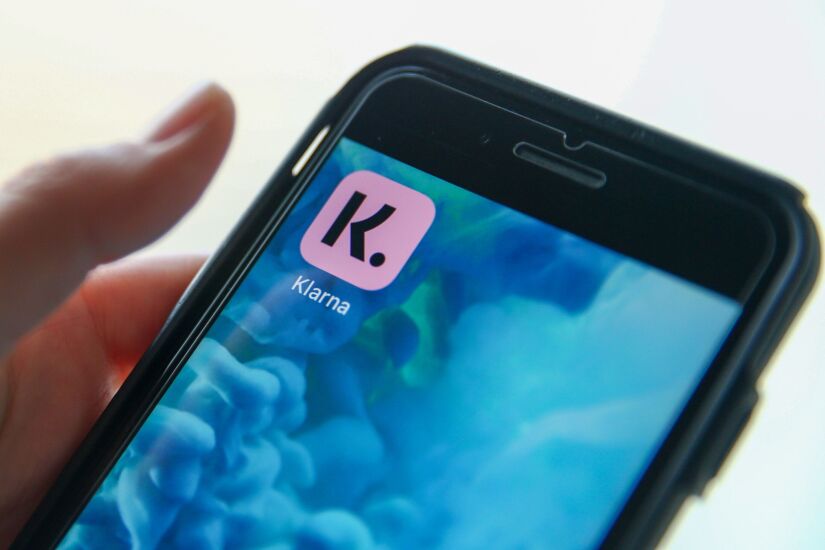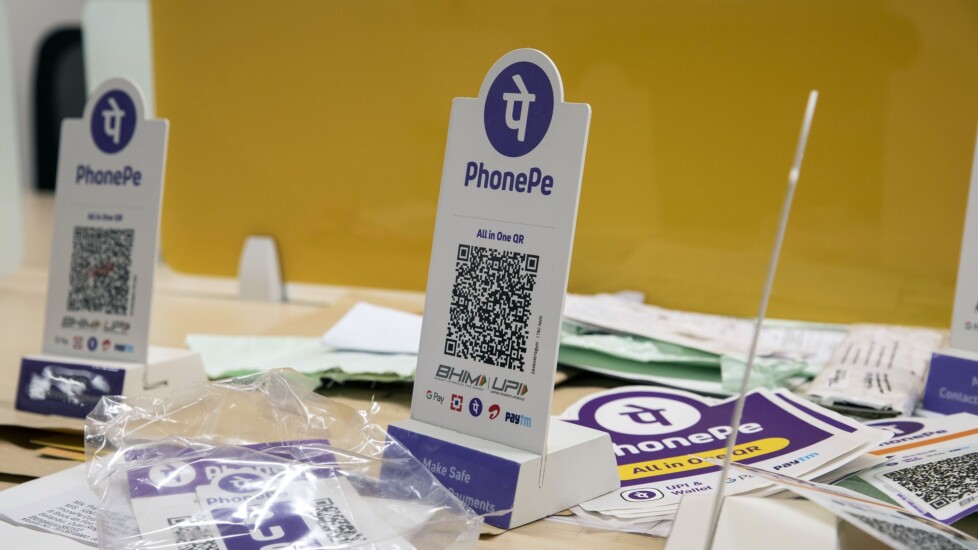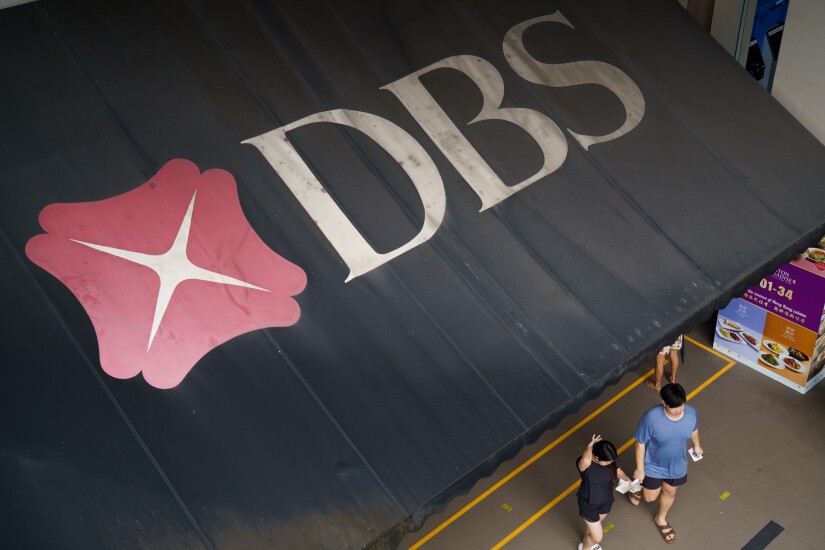Adyen has hired former Block payments executive Tom Adams to oversee the Dutch payment company's digital diversification; buy now/pay later lender Sezzle looks to expand small-business lending through a fintech partnership; and more. Here's what's happening in the world of payments.

AI helps lower headcount at Klarna
The company has about 3,800 employees. Klarna CEO Sebastian Siemiatkowski told
The company, which is well-known outside of Sweden for buy now/pay later lending, reported that its profits were about $66 million for the quarter ended June 30, compared with a loss of about $68 million for the quarter ended June 30, 2023. Klarna, in the quarter ended Sept. 30, 2023,
Klarna is adding financial products such as savings accounts in the U.S. and European markets as it prepares for a public listing in the U.S. in early 2025. That brings Klarna into more direct competition with PayPal, Block and U.S. banks, though payment analysts have said Klarna faces a challenge in convincing U.S. consumers that it

Walmart's Indian payments unit reaches profitability
In recent months, the Walmart-owned PhonePe has added services beyond payments, such as insurance, merchant lending and wealth management.
PhonePe has a 48% share of transactions on India's United Payments Interface, the country's national payment rail, making PhonePe the largest UPI user. PhonePe has partnered with Google, another

Adyen hiring payments exec from Block
At Adyen, Adams will supervise payments, financial product development and data strategies. Adams joins Adyen in the midst of a technology overhaul. The company recently added Fastlane, a
Adyen has also added digital payments technology for both e-commerce and the physical point of sale as the Amsterdam-based company focuses on international growth in the U.S. and other markets outside of Europe. One of its competitors is Block, which retains its original Square brand for its merchant-facing business.
"As the financial services industry continues to digitize, and as we see shopper expectations continue to evolve, there is immense opportunity to drive innovation," Adams said in a release. Dutch regulators have approved Adams' appointment, as required by local law; and Adyen's board of directors will also need to approve his hiring. The date for that meeting was not released. Adams will replace Alexander Matthey, who will depart Adyen later this year. —John Adams

Amazon invests $20M in Indian buy now/pay later company
Axio, founded in 2013, provides working capital finance services and e-commerce solutions to small and medium enterprises in India. Consumers can select buy now/pay later terms between three and 12 months, according to the company.
The move marks Amazon's second investment in Axio. Amazon in 2018 invested $22 million during the company's Series C funding round. Axio has raised $226.3 million in debt and equity funding since its inception, according to Crunchbase.
Axio plans to use the new funds to scale its loan portfolio, enhance its buy now/pay later offering and expand its credit offering to its nine million credit customers, Axio co-founders Sashank Rishyasringa and Gaurav Hinduja said in a statement. —Joey Pizzolato

Visa, Y Combinator join in $5M funding round for Kenyan payroll provider
Workpay provides cloud-based payroll and a human resources software-as-a-service platform for businesses
The company said that over 1,000 businesses use its services across more than 20 countries in Africa.
Co-founder Paul Kimani said in a statement that the funds would be used to help steer the company toward profitability. —Joey Pizzolato

Sezzle, London fintech partner to sell merchant lending
The product, called "Sezzle Capital, fueled by Liberis," will add a credit option to merchants that offer Sezzle's buy now/pay later loans to consumers at the point of sale.
Founded in 2007, Liberis sells financing and other products to small businesses, working through a network of more than 30 partners. The firm, which says it has lent more than $1 billion over the past 17 years, cited research from
"Working with Sezzle allows us to serve both their early-stage and mature business customers, with fast and flexible funding through our platform," Liberis CEO Rob Straathof said in a release. The collaboration will enable Sezzle to

AI startup raises $8.5M for autonomous payments
The San Francisco-based fintech raised $8.5 million to build an AI agent that will be able to make and receive payments without human intervention. The
"AI can't truly change the world until it can transact freely. Agents need more than intelligence; they need the autonomy to complete economic tasks without human intervention," said Craig DeWitt, Skyfire's co-founder and head of product, in a release.
Co-founders DeWitt and Amir Sarhangi, who serves as CEO of the venture, previously worked together at Ripple, a technology company focused on cross-border payments, crypto liquidity and central bank digital currency.
Ripple, along with 15 other investors, participated in the $8.5 million seed round. —Joey Pizzolato

Singapore bank DBS pilots programmable disbursements over blockchain
DBS partnered with
Disbursements were made to 27 fintechs, with conditions that included disbursements to only approved recipients upon the fulfillment of certain business conditions.
DBS Singapore's Country Head Han Kwee Juan said in a release that milestone-based project payments and consumer rewards were additional use cases for the technology. —Joey Pizzolato





